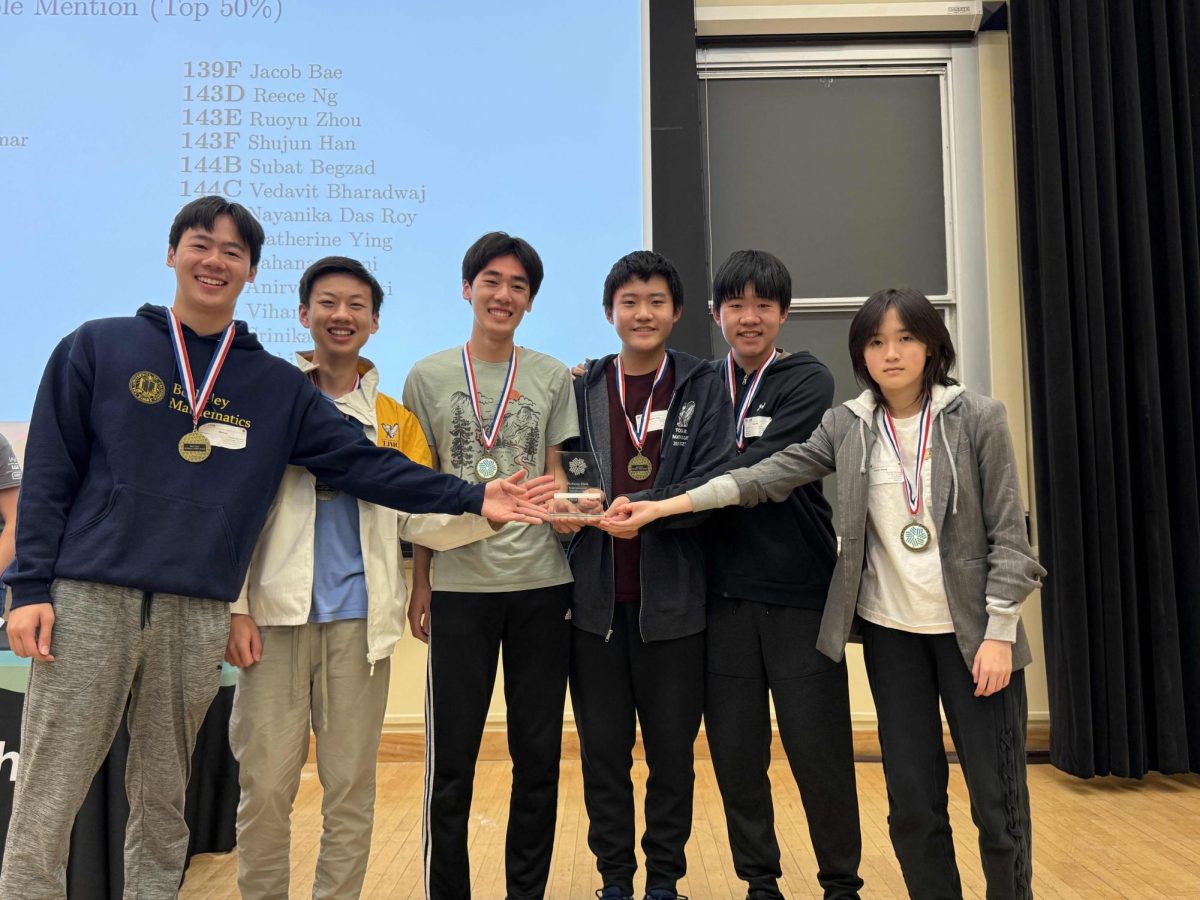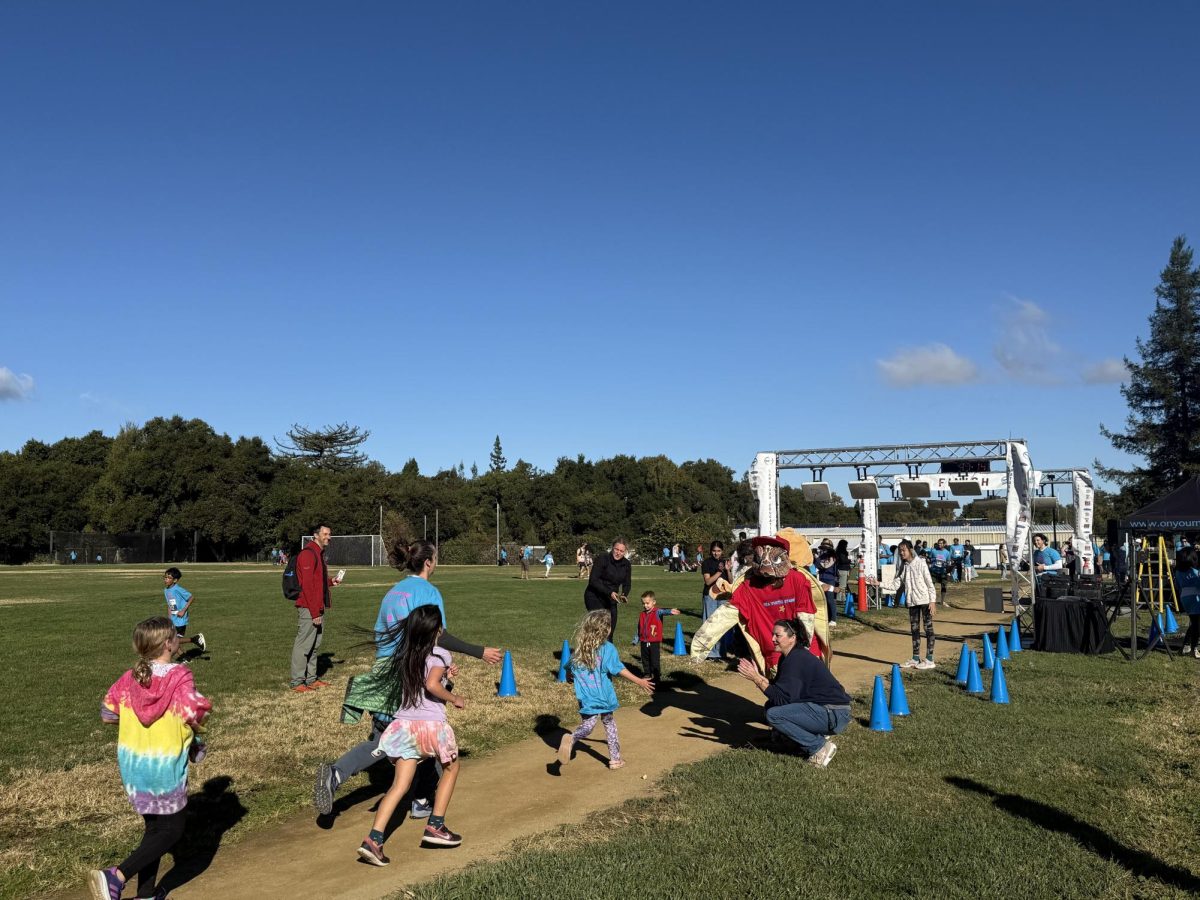Every other Monday evening, a group of 25 students gathers at the office to attend ASB meetings. That number may soon be greatly increased as the ASB plans to introduce a new class representation system.
In accordance with this proposed policy, a representative from every second-period class would be chosen to attend the ASB meetings. The next day, these representatives would report back to their second period on upcoming events and concerns of the ASB.
“It's a really good way to get more of the school involved,” ASB president senior Sasan Saadat said. “When classrooms hear from students who actually attend meetings, they get to know more about the school and ASB operations beyond just listening to the announcements.”
Head commissioner senior Shireen Kaul said this system is a good way to keep students informed.
“Often students complain that they don’t know what exactly the ASB is,” Kaul said, “but if they hear it from a peer and take a few minutes at beginning of the class to just present about what they talk about at ASB and what the ASB is actually doing, the mystery around the ASB can be clarified.”
Along with the representatives, Kaul also said that a more direct solicitation of student opinion would be taken through Facebook. The system would become an effective two-way communication system.
Assistant principal Kerry Mohnike said the school has used the representative system in previous years and it can work well as long as representatives take their role seriously.
To select the representatives, teachers may either choose to offer the position to anyone they would like or offer a vote within the class to select the student. If there is a student who is already an ASB officer or a student council officer, that student will automatically be the second-period representative.
The ASB is deciding if the change should take place of announcements or if it will be an addition to the announcements.
“What’s discussed at ASB and what’s on the announcements are two different things,” Kaul said. “At ASB meetings, it’s not like what classes are doing, it’s more like behind-the-scenes.”
The ASB is hoping to enact this policy by the spring semester, but “there is still much work to be done,” according to Saadat.
ASB members are concerned about the practicality of this proposal as teachers may not want to lose an extra five minutes of class time, in addition to the daily announcements.
Another challenge is that representatives must take the initiative to attend the meetings.
“If people are already not interested, I don’t know if [this policy] will make any difference,” Kaul said.
However, ASB members remain optimistic about the policy’s potential.
“It will raise awareness of the ASB,” Kaul said, “and it’s a great way to give people more opportunities to get involved in the school.”




























